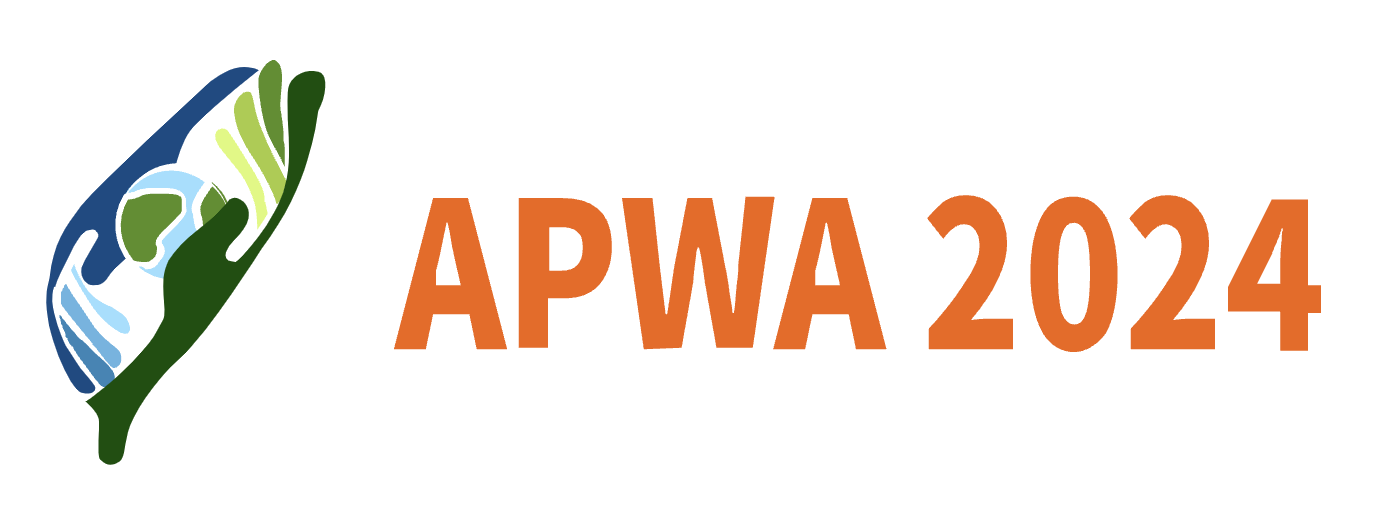Arthroscopic Transosseous SutureTape Vertical Mattress Repair for TFCC Foveal Tears
This study aims to evaluate the clinical outcomes of arthroscopic transosseous SutureTape (Arthrex) vertical mattress repair for TFCC foveal tears.
Twelve patients who underwent TFCC foveal repair were retrospectively analyzed. The mean follow-up period was 12 months. The TFCC tears in all patients were repaired using the arthroscopic transosseous vertical mattress foveal repair technique. Postoperative outcomes were assessed using the Visual Analog Scale (VAS) for pain, wrist range of motion, grip strength, Mayo Wrist Score, Quick Disabilities of the Arm, Shoulder and Hand (Quick DASH) score, and incidence of postoperative complications.
Arthroscopic examination revealed Palmer Type 1B peripheral TFCC tears with foveal disruption in all 12 patients. At the final follow-up, there was a significant increase in both the range of the pronation-supination arc and grip strength. All patients exhibited normal stability of the Distal Radioulnar Joint (DRUJ). The mean VAS score for pain decreased from 6 to 0.8. Significant functional improvement was observed in the modified Mayo Wrist Score and Quick DASH scores. No surgery-related complications were reported. Mean immobilization time was 2 (0-4) weeks.
The study demonstrates that flat-braided SutureTape contributed to a reduction in postoperative immobilization time due to its greater resistance to tissue pull-through compared to conventional sutures. The arthroscopic transosseous vertical SutureTape repair technique is effective for TFCC foveal tears, providing reliable pain relief, functional improvement, and re-establishment of DRUJ stability.
Keywords: TFCC, arthroscopy, fovea
